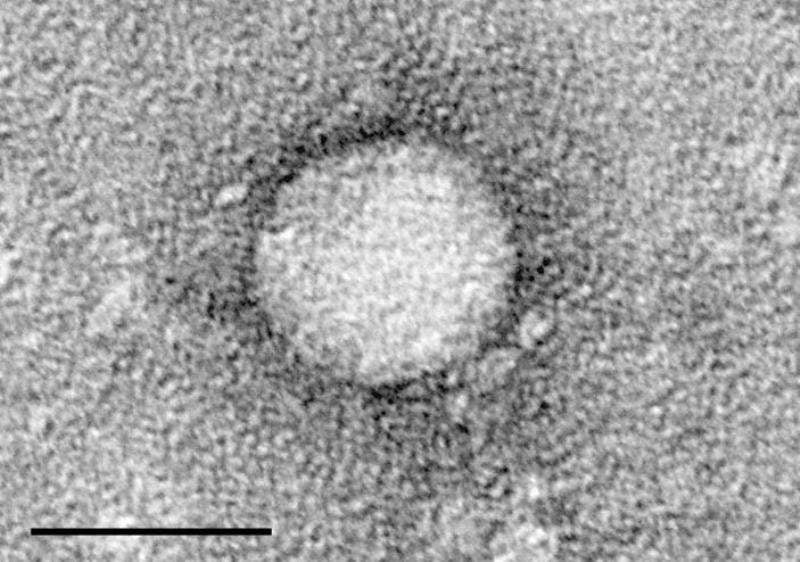
The National Institute of Allergy and Infectious Diseases (NIAID) has reported findings from a Phase I/II clinical trial of Okairos’ AdCh3NSmut1/MVA-NSmut vaccine.
This prime-boost vaccine is intended to prevent chronic hepatitis C virus (HCV) infection in adults.

Discover B2B Marketing That Performs
Combine business intelligence and editorial excellence to reach engaged professionals across 36 leading media platforms.
AdCh3NSmut1/MVA-NSmut failed to demonstrate effectiveness in protecting against chronic HCV infection, when compared to placebo.
Initiated in 2012, the double-blind, randomised, placebo-controlled Phase I/II trial assessed the safety and efficacy of the vaccine in a total of 548 subjects aged 18 to 45 years with a recent history of injecting drugs.
Participants were administered with a dose of AdCh3NSmut1, followed by either an MVA-NSmut dose after 56 days or two placebo doses 56 days apart.
Primary outcome measures of the trial were an incidence of chronic HCV infection at six months and clinical safety laboratory adverse events (AE).

US Tariffs are shifting - will you react or anticipate?
Don’t let policy changes catch you off guard. Stay proactive with real-time data and expert analysis.
By GlobalDataIn addition, the study monitored the presence of any severe local or systemic solicited reactogenicity signs and symptoms, as well as vaccine-related serious AEs (SAE).
The trial’s secondary outcome was the frequency of positive cell-mediated immune response.
Data revealed that 14 of the total 275 participants in the study vaccine group and 14 of the 273 subjects in the placebo group developed chronic HCV infection, indicating no significant difference.
The investigators did not report any vaccine-related serious adverse events (AE). Seven deaths reported during the study were deemed to be unrelated to the vaccine candidate. NIAID said that further analyses of the results are ongoing.
If left untreated, HCV infection can cause chronic liver disease. People that inject drugs are at an increased risk of infection.
Antiviral drugs can help cure more than 95% of patients but the infection currently lacks a preventive vaccine, which is expected to aid in controlling HCV spread and to protect high-risk populations.





